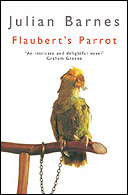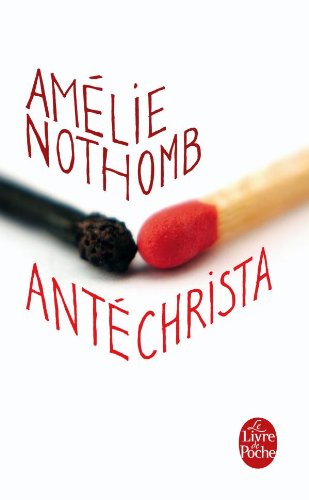
posted by Simon Kemp
As promised, a reading recommendation from the works of France’s newest Nobel laureate. Unusually for Patrick Modiano, Dora Bruder (1997) is actually non-fiction, but it reads so much like his novels that many of its early readers thought it was one.
The story begins when Modiano comes across a brief article in an old French newspaper, dated 31 December 1941, at which point France was under Nazi Occupation. The article was a plea for information about a missing girl, with a description of her appearance and the clothes she was last seen wearing. Here it is:
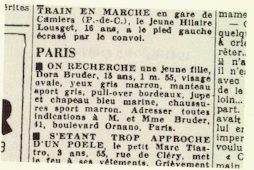
PARIS
ON RECHERCHE une jeune fille, Dora Bruder, 15 ans, 1 m. 55, visage ovale, yeux gris marron, manteau sport gris, pull-over bordeaux, jupe et chapeau bleu marine, chaussures sport marron. Adresser toutes indications à M. et Mme Bruder, 41 boulevard Ornano, Paris.
PARIS. A young girl, Dora Bruder, is missing, 15 years old, 1 m. 55, oval face, grey-brown eyes, grey sports coat, dark red jumper, navy blue skirt and hat, brown sports shoes. Any information to M. and Mme Bruder, 41 Boulevard Ornano, Paris.
For some of Modiano’s readers, this petite annonce was already familiar, since it had appeared in an earlier novel of his, with no indication at that point that it was a genuine newspaper article. As Modiano explains in Dora Bruder:
Je n’ai cessé d’y penser durant des mois et des mois. (…) Il me semblait que je ne parviendrais jamais à retrouver la moindre trace de Dora Bruder. Alors le manque que j’éprouvais m’a poussé à l’écriture d’un roman, Voyage de noces.
I couldn’t stop thinking about it for months and months. (…) I felt that I would never manage to find the slightest trace of Dora Bruder. So the lack that I was feeling pushed me into writing a novel, Honeymoon.
In returning to Dora’s story in non-fiction, Modiano isn’t simply writing her biography. Indeed, the story of the troubled Jewish girl who runs away from home, returns, and some months later is arrested, interned in Paris, and finally sent to her death in a concentration camp, has left so little mark on history that Modiano struggles to find the barest details of who she was and what she experienced.
Rather, he gives us the story of his investigation, exploring archives for mentions of her name, revisiting the places she lived to absorb their atmosphere. In the course of his research, he discovers police reports on the arrests of French Jews, desperate pleas in letters from the relatives of those taken, and letters home from the internment camps on the eve of deportation. Many of these find their way into Modiano’s book verbatim, so that at some points Modiano’s own account fades behind a collage of documents from the Occupation. And intertwined with these strands of Dora’s story, the story of Modiano’s research, and the fragments of other stories of those caught up in the Holocaust, comes one further narrative strand, which is Modiano’s own story, and the roots of his obsession in his own troubled family background. Modiano’s father, we learn, was a Jewish man who survived the Holocaust through his close association with a band of collaborationist thugs, the Rue Lauriston Gang, who at one point intercede after he has been arrested to save him from deportation to the death camps. This difficult legacy of a father who was both Jew and collaborator, victim and accomplice in the Holocaust, lies at the root of all Modiano’s writing, but rarely as clearly shown as here.
Like all Modiano’s books, Dora Bruder is short, written in simple, accessible French, and a very powerful piece of writing.You’ll find no better introduction to France’s années noires, and the uneasy memories of those years in contemporary French society. Here, to finish, is a short extract from the book, in which Modiano visits the military barracks where Dora was held with other Jewish people, before being sent to Drancy, and thence to Auschwitz:
Le boulevard était désert, ce dimanche-là, et perdu dans un silence si profond que j’entendais le bruissement des platanes. Un haut mur entoure l’ancienne caserne des Tourelles et cache les bâtiments de celle-ci. J’ai longé ce mur. Une plaque y est fixée sur laquelle j’ai lu :
ZONE MILITAIRE
DÉFENSE DE FILMER
OU DE PHOTOGRAPHIER
Je me suis dit que plus personne ne se souvenait de rien. Derrière le mur s’étendait un no man’s land, une zone de vide et d’oubli. Les vieux bâtiments des Tourelles n’avaient pas été détruits comme le pensionnat de la rue de Picpus, mais cela revenait au même.
Et pourtant, sous cette couche épaisse d’amnésie, on sentait bien quelque chose, de temps en temps, un écho lointain, étouffé, mais on aurait été incapable de dire quoi, précisément. C’était comme de se trouver au bord d’un champ magnétique, sans pendule pour en capter les ondes. Dans le doute et la mauvaise conscience, on avait affiché l’écriteau « Zone militaire. Défense de filmer ou de photographier ».
The boulevard was deserted that Sunday, and lost in such deep silence that I could hear the rustle of the plane trees. There is a high wall around the former Tourelles barracks which hides its buildings. I walked along this wall. There’s a sign on it, on which I read:
MILITARY ZONE
NO FILMING OR PHOTOGRAPHY
I said to myself that nobody remembers anything any more. Behind the wall stretched out a no-man’s-land, a zone of emptiness and oblivion. The old buildings of Tourelles hadn’t been destroyed like [Dora’s] boarding school in the Rue de Picpus, but it came down to the same thing.
But under this thick layer of amnesia you could still feel something now and then, a distant, stifled echo, although you couldn’t say what exactly. It was like being on the edge of a magnetic field, without a pendulum to capture its waves. In doubt and troubled conscience, they had put up the sign: “Military Zone. No Filming or Photography.”
Dora Bruder is available in French, as a paperback or e-book, or in English translation.

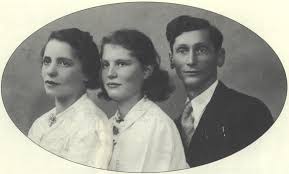

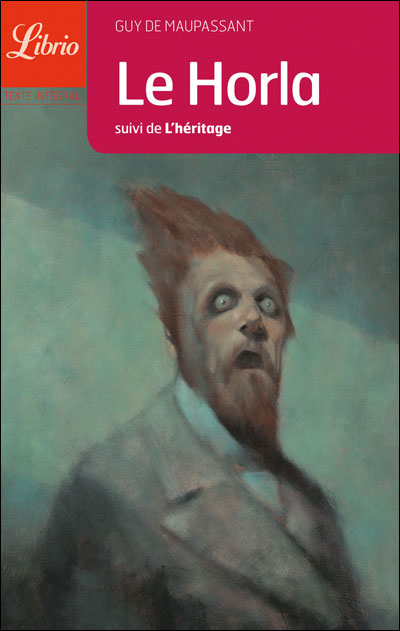
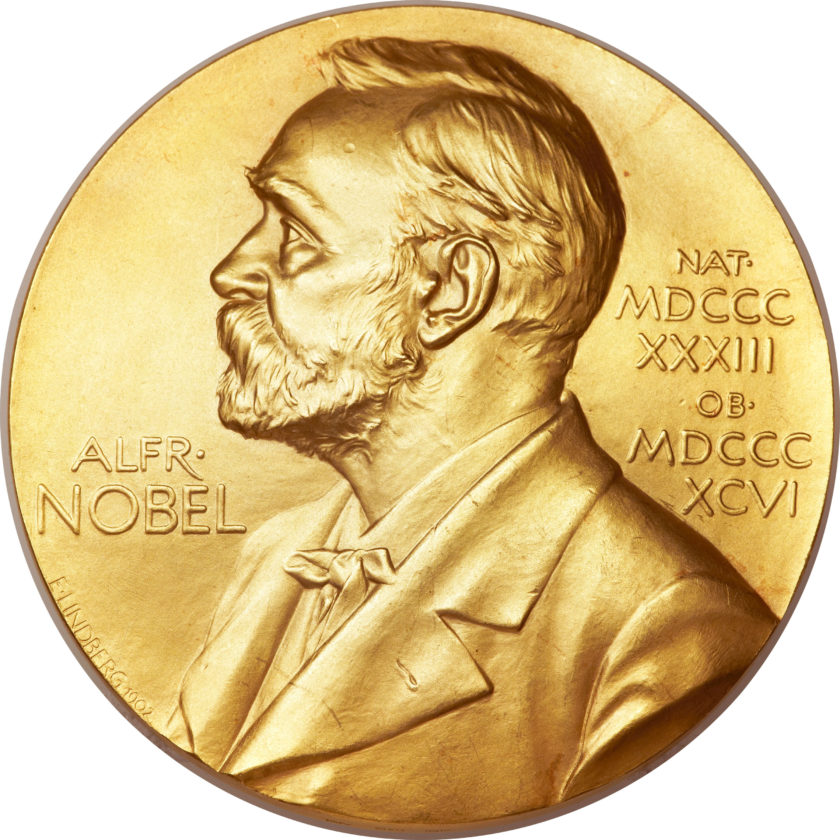
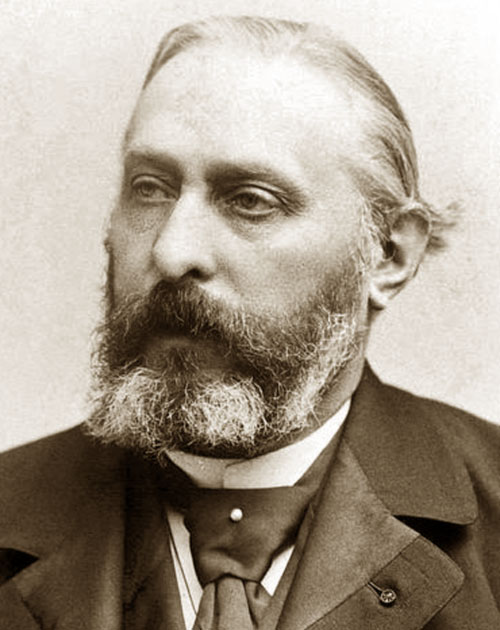


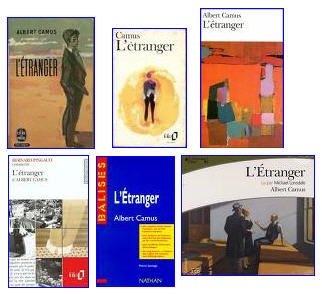 posted by
posted by 
